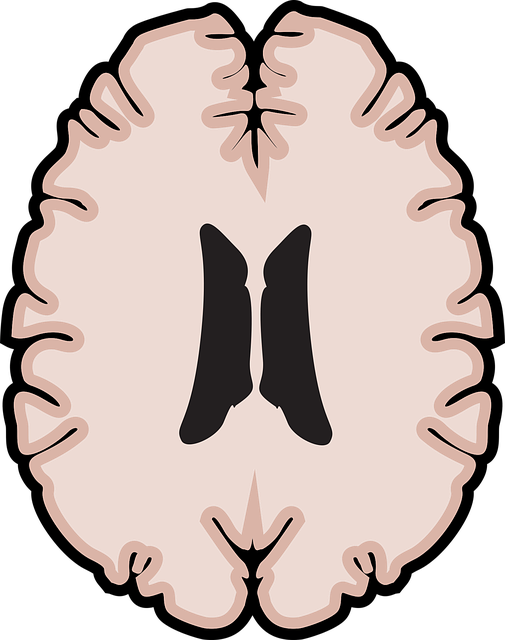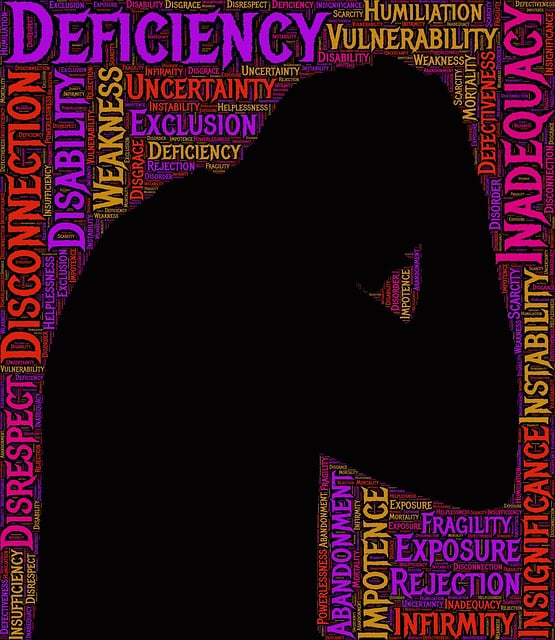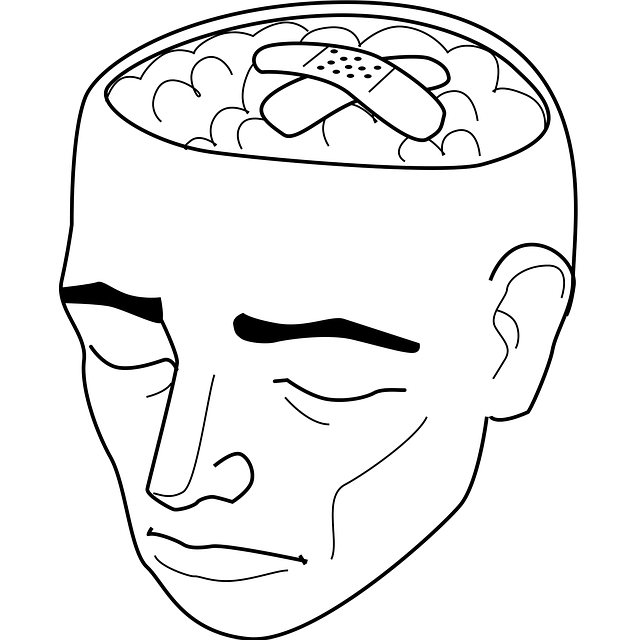Mental wellness apps, inspired by Broomfield Sexual Addiction Therapy, have transformed self-care in the digital age, offering personalized resources and evidence-based practices for diverse mental health needs. Integrating CBT, mindfulness meditation, mood tracking, goal setting, and tailored coping strategies, these apps empower users with tools for emotional well-being promotion. The Broomfield Sexual Addiction Therapy app, utilizing interactive exercises, gamification, and Mind Over Matter principles, provides accessible, engaging therapy sessions leading to positive behavior change, as evidenced by improved user self-control, relationships, and symptom management.
In today’s digital age, mental wellness app development has emerged as a powerful tool to support individuals in managing their mental health. “Understanding Mental Wellness App Development: A Comprehensive Guide” explores the process of creating effective apps, focusing on integrating therapeutic techniques for optimal user experiences. We delve into best practices with a case study of the Broomfield Sexual Addiction Therapy app, highlighting its impact and offering insights into how such tools can revolutionize access to care.
- Understanding Mental Wellness App Development: A Comprehensive Guide
- Integrating Therapeutic Techniques: Best Practices for App Design
- Case Study: Broomfield Sexual Addiction Therapy App and Its Impact
Understanding Mental Wellness App Development: A Comprehensive Guide

Understanding Mental Wellness App Development: A Comprehensive Guide
In today’s digital age, mental wellness app development has emerged as a powerful tool to support individuals navigating various challenges related to emotional well-being promotion techniques. These apps offer accessible and personalized resources for users seeking coping skills development and crisis intervention guidance. By integrating evidence-based practices and therapeutic approaches, such applications cater to a diverse range of mental health needs. For instance, Broomfield Sexual Addiction Therapy has successfully utilized app-based interventions to help individuals overcome specific addiction concerns.
Comprehensive guides within these apps provide step-by-step support, from mindfulness exercises to cognitive behavioral therapy techniques. They often include features like mood tracking, meditation libraries, and personalized recommendations tailored to individual user needs. With regular updates and a focus on user privacy, mental wellness apps have revolutionized self-care practices, ensuring individuals receive the necessary coping tools readily and discreetly.
Integrating Therapeutic Techniques: Best Practices for App Design

When designing a mental wellness app, integrating therapeutic techniques is paramount to its effectiveness. Incorporating evidence-based practices like cognitive behavioral therapy (CBT) and mindfulness meditation can significantly enhance user experiences, fostering emotional healing processes. For instance, features that encourage users to track their moods, set achievable goals, and receive tailored coping strategies can be powerful tools for self-improvement.
Broomfield Sexual Addiction Therapy techniques, such as empathy building strategies, can also find a place within the app ecosystem. By offering resources for trauma support services and promoting open dialogue, these apps create safe spaces for users to process their experiences. Through innovative design and user-centric features, mental wellness apps have the potential to revolutionize access to care, making emotional healing processes more accessible and engaging than ever before.
Case Study: Broomfield Sexual Addiction Therapy App and Its Impact

The Broomfield Sexual Addiction Therapy app stands as a powerful example of how technology can revolutionize mental health support. Developed with a specific focus on sexual addiction, this app employs innovative communication strategies and leverages Mind Over Matter principles to offer personalized therapy sessions at scale. By breaking down barriers associated with traditional therapy, the app provides users with accessible and discreet tools tailored to their unique needs.
Through gamified features and interactive exercises, the Broomfield Sexual Addiction Therapy app encourages consistent engagement and fosters positive behavior change. Its impact has been substantial, with numerous users reporting improved self-control, enhanced relationships, and better management of addiction symptoms. Moreover, the app’s integration of depression prevention strategies as secondary support mechanisms further underscores its comprehensive approach to holistic mental wellness.
Mental wellness apps, as evidenced by the success of the Broomfield Sexual Addiction Therapy app, have the potential to revolutionize access to therapeutic support. By integrating evidence-based techniques and user-centric design, developers can create tools that not only address specific mental health challenges but also foster long-term well-being. As we continue to navigate the digital landscape, these apps will play a crucial role in navigating and improving mental health outcomes for individuals worldwide.










